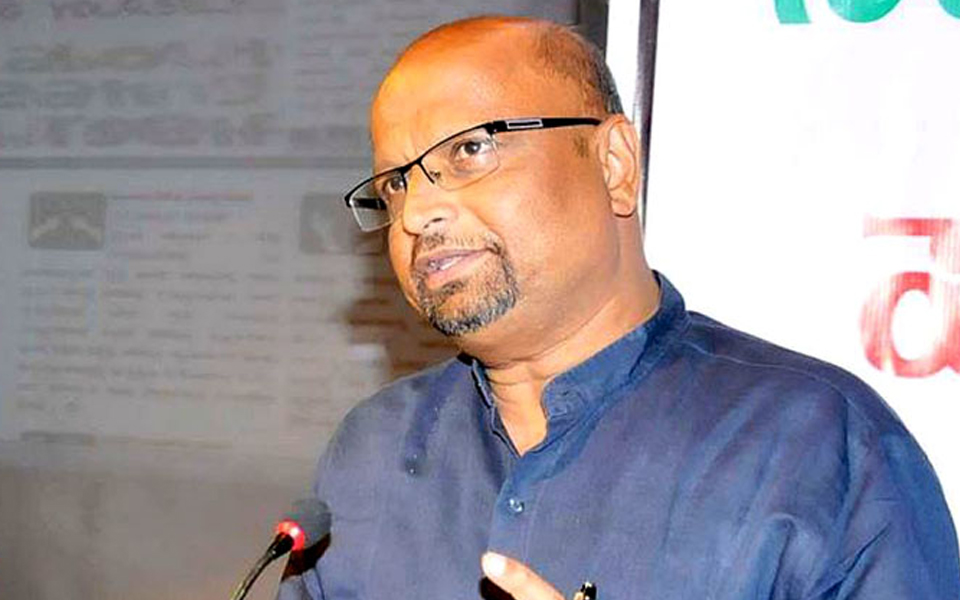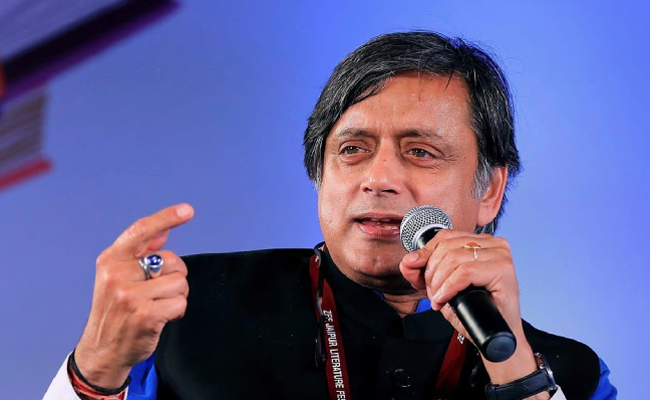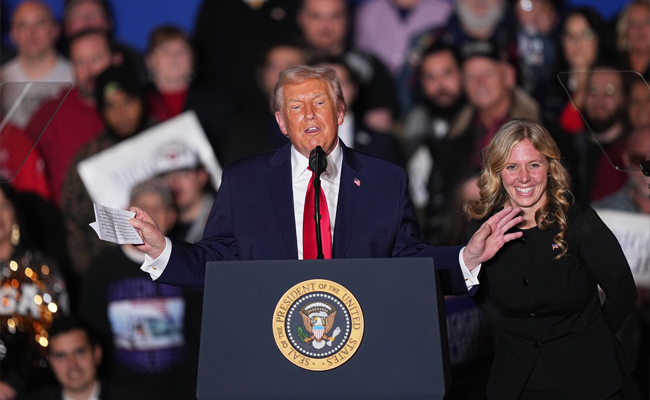Bengaluru, September 5: “Both RSS and BJP have seen bankruptcy in their ideologies. So, instead of sorting out their ideological problems through dialogues, they have been opposing their opponents through guns and bullets”, senior journalist Dinesh Amin Mattu said.
Speaking at a session in Freedom of Expression Convention here on Wednesday to mark the first anniversary of the murder of Gauri Lankesh, Mattu said that the RSS would complete 100 years in the next seven years. In those long years, the RSS has failed to produce a thinker and a scholar. So, unable to confront with the progressive ideologies through dialogues, it has been opposing through guns and bullets. “According to my opinion, the police have worked so professionally and swiftly in Gauri Lankesh murder case after Gandhi. As a result, the details on the killings of Kalburgi, Dabholkar and Pansare are disclosing. Interestingly, the investigation into the Gauri Lankesh murder is seeing its logical ending”, he said.
Rationalist Narendra Nayak said that “let the communal forces prepare hit lists to kill us. We should not backtrack from our work and agenda. We should not stop speaking fearing about the communal forces”, he said.
Critic MS Ashadevi, Gauri Balaga convener KL Ashok and others spoke on the occasion.
Let the Truth be known. If you read VB and like VB, please be a VB Supporter and Help us deliver the Truth to one and all.
New Delhi (PTI): Congress leader Shashi Tharoor on Saturday, while lauding the win of the UDF in Kerala local bodies elections, also congratulated the BJP for its historic performance in his Thiruvananthapuram constituency, calling it the "beauty of democracy".
In a post on X, he said the people's verdict must be respected, whether for the UDF overall or for the BJP in his constituency.
"What a day of amazing results in the Kerala local self-government elections! The mandate is clear, and the democratic spirit of the state shines through.
"A huge congratulations to @UDFKerala for a truly impressive win across various local bodies! This is a massive endorsement and a powerful signal ahead of the state legislative elections. Hard work, a strong message and anti-incumbency have all clearly paid off to achieve a much better result than in 2020," Tharoor said.
He said he also acknowledges the historic performance of the BJP in Thiruvananthapuram, and "offer humble congratulations on their significant victory in the city corporation - a strong showing that marks a notable shift in the capital's political landscape."
Tharoor said he campaigned for a change from 45 years of the LDF "misrule", but the voters have ultimately rewarded another party that also sought a clear change in governance.
"That is the beauty of democracy. The people's verdict must be respected, whether for the UDF overall or for the BJP in my constituency.
"We will continue to work for the betterment of Kerala, advocating for the people's needs and upholding the principles of good governance. Onwards and upwards!" Tharoor, who is the MP from Thiruvananthapuram, said.
The lotus bloomed in the state capital as the BJP-led NDA achieved a resounding win in the polls for the Thiruvananthapuram Corporation, snatching it from the CPI(M)-led LDF and marking an end to 45 years of continuous Left rule in the local body.
The win in the Thiruvananthapuram Corporation will act as a boost for the BJP in the 2026 Assembly polls, especially in the state capital.
Of the 101 wards in the Thiruvananthapuram Corporation, the BJP won 50, LDF 29, UDF 19 and two wards were won by independent candidates.
The BJP is one seat short of a decisive majority in the corporation.
Besides this, the NDA retained the Palakkad municipality after a close battle with the Congress-led UDF and wrested the Thrippunithura Municipality from the grand old party.
In Thrissur, from where Suresh Gopi won in the Lok Sabha polls last year, the BJP won 18 out of the 46 wards in Kodungallur Municipality, eight in Thrissur Corporation, two each in Guruvayoor and Vadakkancherry municipalities, seven in Kunnamkulam Municipality, six in Irinjalakuda Municipality and one in Chalakudy Municipality.





